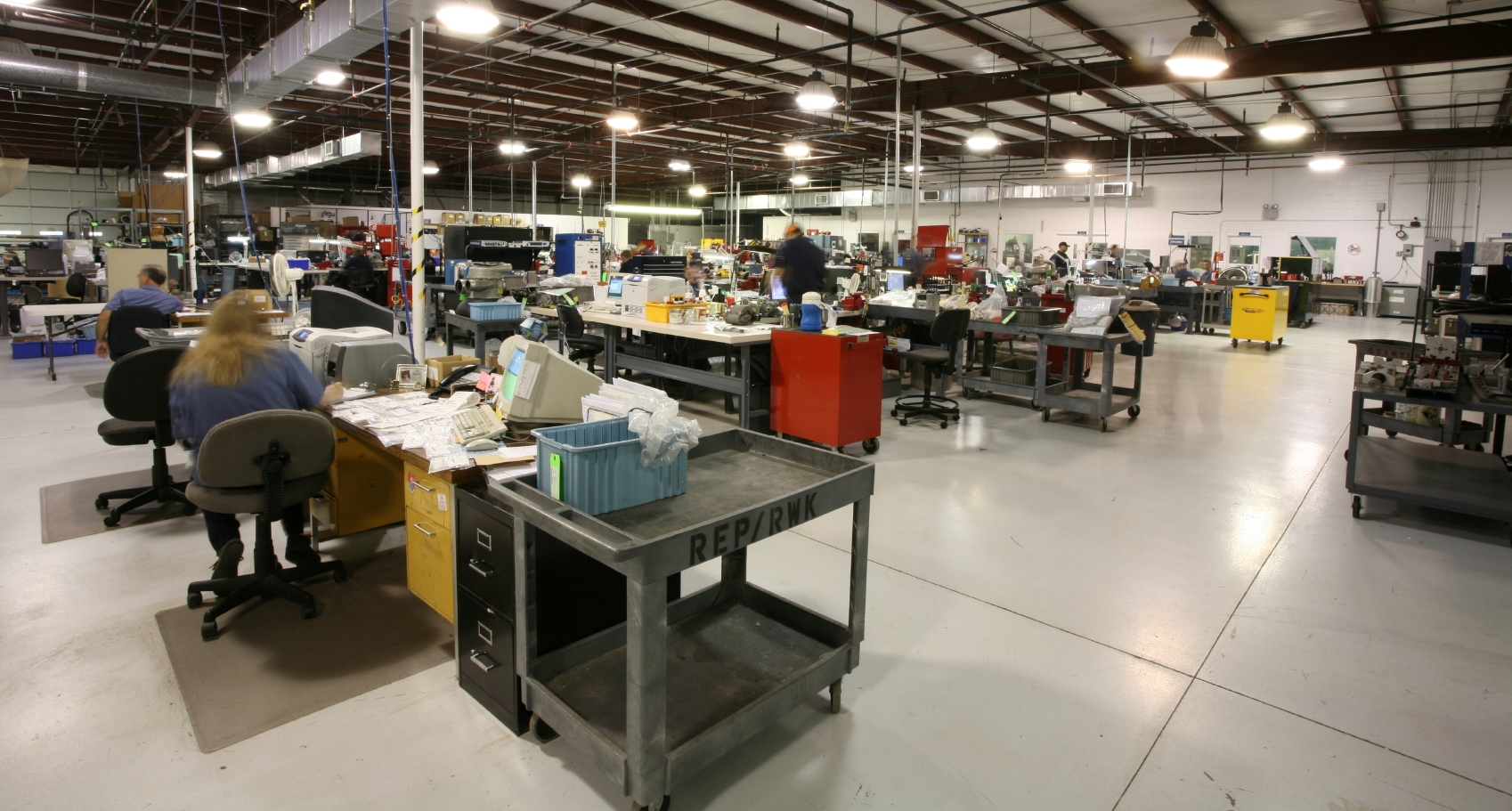What to consider before you buy your business premises
This post is by Giles Ellis, an experienced business coach and Director at GECA Chartered Accountants. If you need help with tax advise relating to business premises purchases, then Giles and the GECA team can help.
For many business owners, owning their business premises allows them to keep the rental that would be otherwise paid to a landlord and over time build equity in a substantial asset. Often this forms a key part of a business owners overall wealth generation strategy. Indeed with the rapid rate of property inflation in New Zealand over the last five years, the property can often be worth more than the business.
Of course, as with any property investment, it is important that the ownership structure is optimised for funding and tax purposes and there are a number of issues that should be considered prior to purchase.
Limited Liability Company
If the business is run through a limited liability company, we generally recommend the property purchase is not made in the same entity. The better approach is to keep the property separate from the trading business as to avoid exposure to business risk such as creditor claims. Owning the property separately also facilitates payment of any capital gains to the owner as this can require liquidation of the company which is problematic when the entity is holds the trading business as well.
You could therefore buy the commercial property through a family trust or in a separate trading company.
The Family Trust or Company
The benefits of owning the property through a company include grouping of losses and interest free loans with the trading company. To do this requires the commonality of shareholding to be greater than 66% for both entities. A typical structure would be for the business owners to hold one share each to allow payment of the shareholder salaries and for a family trust to hold the remaining shares. This structure allows flexibility and asset protection.
The family trust can own the property directly, however, the trustees may not want debt / risk in the family trust associated with the purchase of the commercial property so a separate company may be preferable.
However, owning through a separate company will incur additional administration and compliance costs that need to be taken into consideration.
GST on commercial properties is complex and getting it wrong can be costly. The purchasing entity needs to register for GST prior to purchase. As the new company or the trust will be using the commercial property for making taxable supplies (i.e. leasing to the trading company at a market rate), the purchase will be zero rated for GST. The sale and purchase agreement should say “inclusive of GST (if any)” and the GST clauses should be discussed with your solicitor and accountant prior to signing.
If the trading company has funds available, these can be loaned interest free to the property company.
Finally, be aware if you decide to own your property through a company, it can take a couple of days for the IRD/GST number to come through following application.
At GECA we can help you put in place the structure you need to achieve your goals. Call us now on 0800 758 766 for a complimentary no obligation discussion of your needs.





